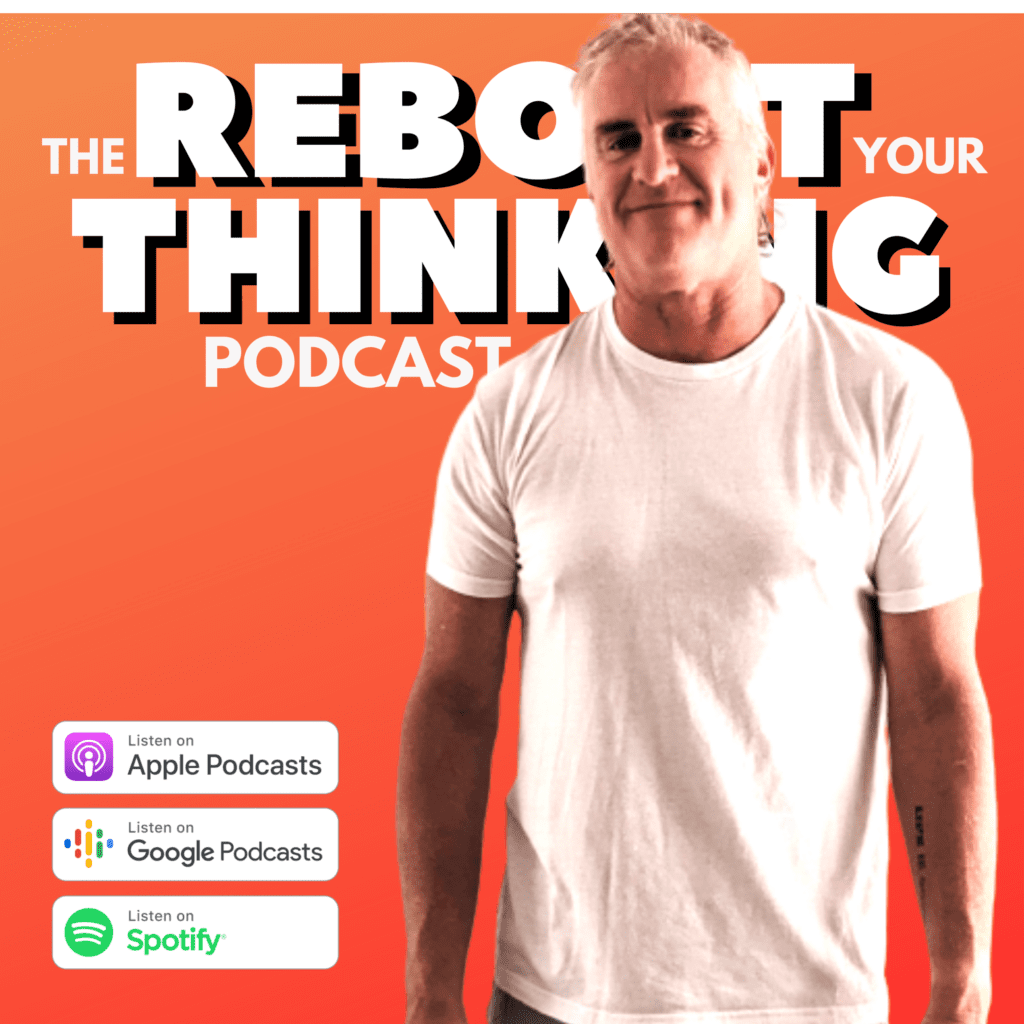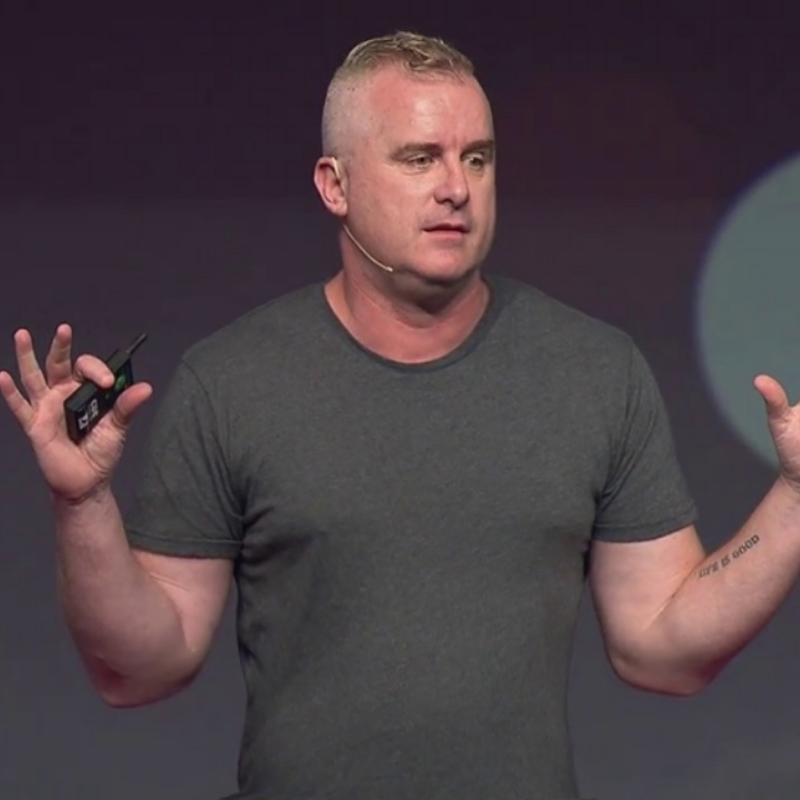As a therapist, I frequently work with clients who struggle with addiction and also have ADHD.
There is a strong link between adult ADHD and addiction, and it’s important for individuals with ADHD to understand this link in order to receive the appropriate treatment and support.
In this blog post, I will explore the science behind the link between adult ADHD and addiction and discuss how therapy can help individuals with ADHD overcome their addiction.
What is Adult ADHD?
Adult ADHD is a neurodevelopmental disorder that affects approximately 4.4% of adults. It is characterised by symptoms such as difficulty with attention, impulsivity, and hyperactivity. These symptoms can make it difficult for individuals with ADHD to function in daily life, and they can also contribute to a range of mental health issues such as anxiety and depression.
What is Addiction?
Addiction is a complex and chronic brain disease that is characterised by compulsively seeking out certain agents, substances, or processes despite negative consequences. It is considered a brain disease because it can change the brain’s structure and how it functions, leading to compulsive substance or process use and relapse, even after long periods of abstinence (National Institute on Drug Abuse, 2020). Addiction also affects other areas of life, such as work, relationships, and health, and is thought to be caused by a combination of genetic, environmental, and behavioural issues.
The Link Between Adult ADHD and Addiction
Research has consistently shown that individuals with ADHD are at a higher risk for developing addiction than those without ADHD. According to a study published in the Journal of Substance Abuse Treatment, individuals with ADHD are 2-3 times more likely to develop substance use-disorders than those without ADHD.
There are several reasons why individuals with ADHD may be more vulnerable to addiction. For one, individuals with ADHD may use substances as a way to cope with the symptoms of their disorder, such as difficulty with attention or impulsivity. Additionally, the impulsivity and risk-taking behaviour associated with ADHD may make individuals with ADHD more likely to experiment with drugs and alcohol.
Therapy for Adult ADHD and Addiction
Fortunately, therapy can be a highly effective treatment for individuals with ADHD who are struggling with addiction. Cognitive-Behavioural Therapy (CBT) has been shown to be particularly effective for individuals with ADHD and addiction. CBT is a form of therapy that helps individuals to identify and change negative thought patterns and behaviours.
In therapy, individuals with ADHD and addiction can learn coping strategies for managing their symptoms, as well as ways to manage their cravings and triggers for substance use.
Additionally, therapy can help individuals to develop a more positive self-image and increase their self-esteem, which can be particularly helpful to those with ADHD who may struggle with negative self-talk.
Conclusion
If you are struggling with addiction and also have ADHD, it’s important to understand the link between these two disorders.
By seeking therapy, you can learn the skills and strategies you need to manage your ADHD symptoms and overcome your addiction. If you are interested in therapy for Adult ADHD and addiction, let’s get started today.


















